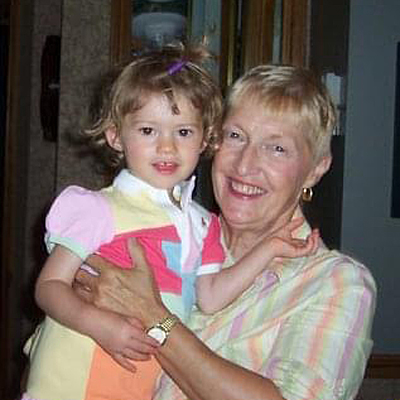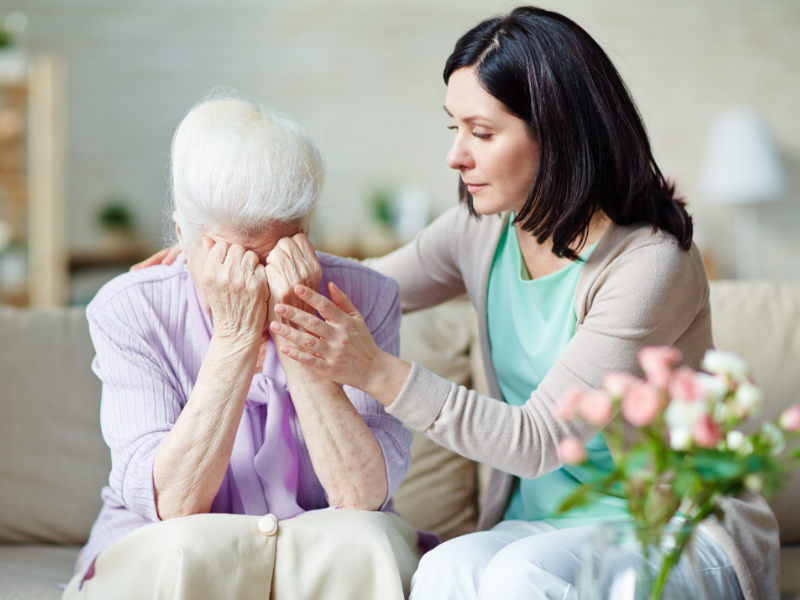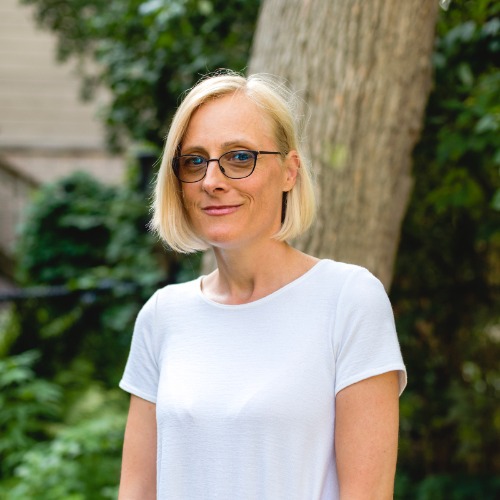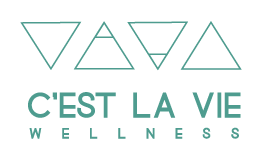What Is Thanatology?
by Karen Omand, Thanatologist (counselling that specializes in bereavement, loss and grief)
My Own Experience With Grief
 Many years ago, my mother died suddenly, traumatically, and I was thrown into a world of grief. I had no idea what was going on in my mind or in my body. The pain I felt was overwhelming, and I felt terribly alone. No one could help me understand what I was feeling, thinking and how I was behaving (which was not always rational to be frank).
Many years ago, my mother died suddenly, traumatically, and I was thrown into a world of grief. I had no idea what was going on in my mind or in my body. The pain I felt was overwhelming, and I felt terribly alone. No one could help me understand what I was feeling, thinking and how I was behaving (which was not always rational to be frank).
Even though I was married with two small children, I had no one who could validate my pain and let me experience and release the devastation I was feeling. After months, I was still feeling numb and beside myself. My attachment to my mother was very strong. Our close relationship was one you see from time to time on the streets: mother and daughter shopping, eating out and supporting each other with ease. The loss was huge, and I knew I needed something or someone to help me cope. Although I searched high and low, there was nobody that specialized in grief.
When Seeing A Psychologist Doesn’t Help
I knew I needed to talk to someone, but there were limited resources out there. I finally made an appointment to see a psychologist. The session was not about the pain of losing my mother but of my life story, and we barely touched on my mother’s death. I was left thinking to myself, “I just want to talk about my mom and how much pain I am in”. It was a very confusing time.
This path of pain brought me to consider a career as a grief counsellor, a direction that would never have entered my mind in my youth. The losses I have experienced, both death and non-death, have been numerous, and I have found there is not a lot of support out there, specifically for grief. If all my emotional problems were laid out on a table probably half of these would be losses but most counsellors would not see or address them as I do. Today if one looks for someone who advertises themselves as a grief counsellor, one might end up talking to a psychologist or a social worker; both could have limited education in grief and loss. The Psychologist’s approach to the grief and loss would be with the tools of psychology and could therefore see it as a condition rather than as a loss. While the social worker, who may have studied grief in one or two short courses will only have a very basic and often simplistic toolset to address grief and loss. As an example, the Psychologist I saw after my Mom’s death was quick to bring up closure and from what I have heard from others this is still quite common today. Rarely can one find a specialist in grief and loss, someone whose education has centred specifically on grief and loss.
How Thanatology is Different

As a degreed Thanatologist, the entirety of my studies have been bereavement, losses and death. The field of grief is quite new and has quickly evolved over the past twenty years. Thanatologists do not try to fix or take away the pain that is associated with death or non-death losses. Grief is a natural emotion we feel when we are confronted with a loss of someone or something that we have a strong attachment to. We bear witness to the pain with true empathy, building a safe and trusting relationship, validating, educating and helping the person learn to integrate their grief into their lives and to find meaning again. These are the goals and methods of the Thanatologist. This approach is not a quick fix; it is individual, and it depends on each person and what the client needs. It is society’s and our own expectations that the grief should subside quickly. In reality, it can take much more time than some realize, and that is where a grief counsellor can help. Many people can be tired of hearing about your losses and you may have become ‘stuck’ in your grief or you may need to find a safe place to explore your grief with unconditional support. It’s also possible that you may have not been able to express the true depth or your pain to others and this is where a Thanatologist can help.
My mother’s death taught me that there is a need for someone who specializes in grief and losses. The losses associated with her death were numerous and I needed more than what was available at the time.
How a loss impacts us is an individual question—there is no standard approach of how we treat our clients as everyone’s grief is unique. When, after a loss, we do not know how to carry on, it can be very important to talk to someone, and it is best if that person is knowledgeable in the subtle ways of grief.
If you would like to learn more about this counselling service, feel free to book a 15-min meet and greet with me so we can chat and see how I can support you or a loved one.

The losses in my life, both death and non-death, have led me to become a Thanatologist (Grief Counselor). I specialize in helping those who have lost loved ones, as well as, those who have experienced non-death losses such as, divorce, infertility, chronic illness, and job loss, to name a few.
